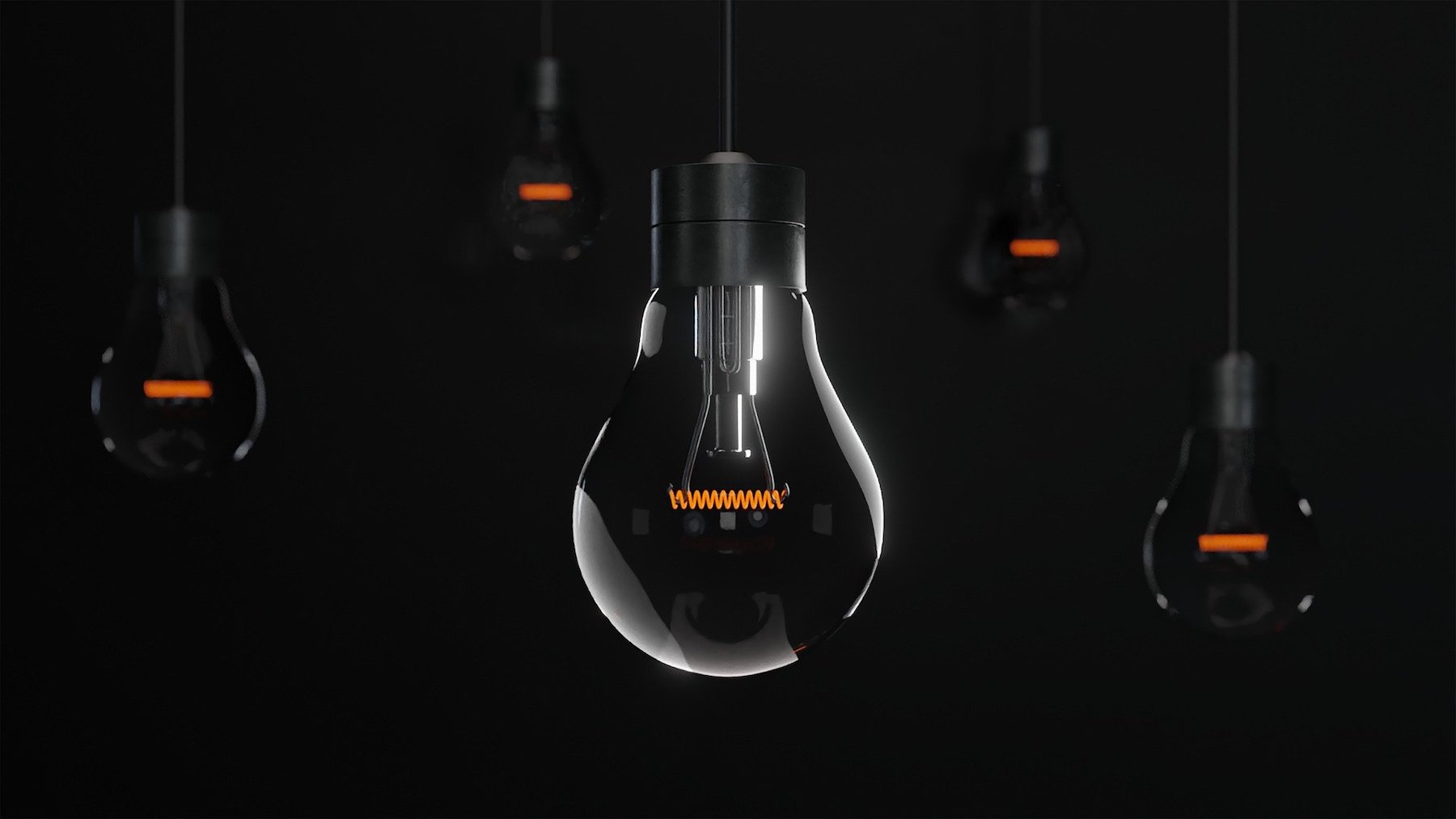The U.S. Dept. of Energy has awarded a total of $32 million for more than 30 next-generation building retrofit projects that will dramatically improve affordable housing technologies, according to a DOE news release.
Seven organizations will use the money to test renovation techniques that reduce disruption to tenants while upgrading the energy and environmental performance of buildings more quickly, affordably, and effectively, the release says. The techniques, such as prefabricating walls and drop-in replacements for heating, cooling, and hot water systems, can “revolutionize construction and renovation.”
They can also help decarbonize America’s 130 million buildings at the rate needed to address the climate crisis and meet President Biden’s goals of a net zero carbon economy by 2050, the release says. The projects are intended to drive the development of new technologies, practices, and approaches, and ensure these efficient and low-carbon innovations are widely deployed.
The awards will be used to implement numerous materials including prefabricated, super-insulated wall retrofit panel blocks, a wall system with vacuum insulated panels, a heat pump pod, a solar photovoltaic-integrated multi-functional heat pump system for space and water heating, and software tools to properly size and install retrofit packages. The selected organizations will also advance DOE’s Advanced Building Construction Collaborative, which connects companies working in prefabricated, modular, and other industrialized construction techniques with building owners, developers, financiers, utilities, and researchers to modernize the construction industry and buildings sector.
Related Stories
Codes and Standards | Oct 13, 2020
Austin is first major Texas city to adopt wildfire code
New ordinance based on the International Wildland-Urban Interface Code.
Codes and Standards | Oct 12, 2020
Guidance offered for K-12 schools to support students with asthma
Green purchasing policies for cleaning, filters, furniture and other products encouraged.
Codes and Standards | Oct 7, 2020
More energy efficiency programs are encouraging zero-energy projects
At least 20 programs for new construction, major renovations emerge.
Codes and Standards | Oct 6, 2020
LEED, GBCI rating systems spur resilience-enhancing strategies
Expanded programs, resources address impact of climate change.
Codes and Standards | Oct 6, 2020
International Code Council to hold inaugural online education event
Week-long ICC Learn Live will include panel conversations, keynotes, and breakout sessions around key topics in building safety.
Codes and Standards | Oct 5, 2020
Guides addressing fenestration anchorage updated
First update to decade-old technical documents released.
Codes and Standards | Oct 1, 2020
Deadline extension for LEED 2009 project certifications
Delivery timeline delays due to COVID-19 pandemic prompt action.
Codes and Standards | Sep 29, 2020
New drinking water standard criteria further restricts lead leaching in plumbing products
Tightened standard applies to endpoint devices that dispense drinking water, and other plumbing components
Codes and Standards | Sep 29, 2020
Groups sue CDC over eviction moratorium
Natl. Apartment Assn. and New Civil Liberties Alliance want hearing by October.
Codes and Standards | Sep 24, 2020
Benefits of building enclosure commissioning include reduced costs
Savings achieved in less rework and fewer and shorter punch lists.

















